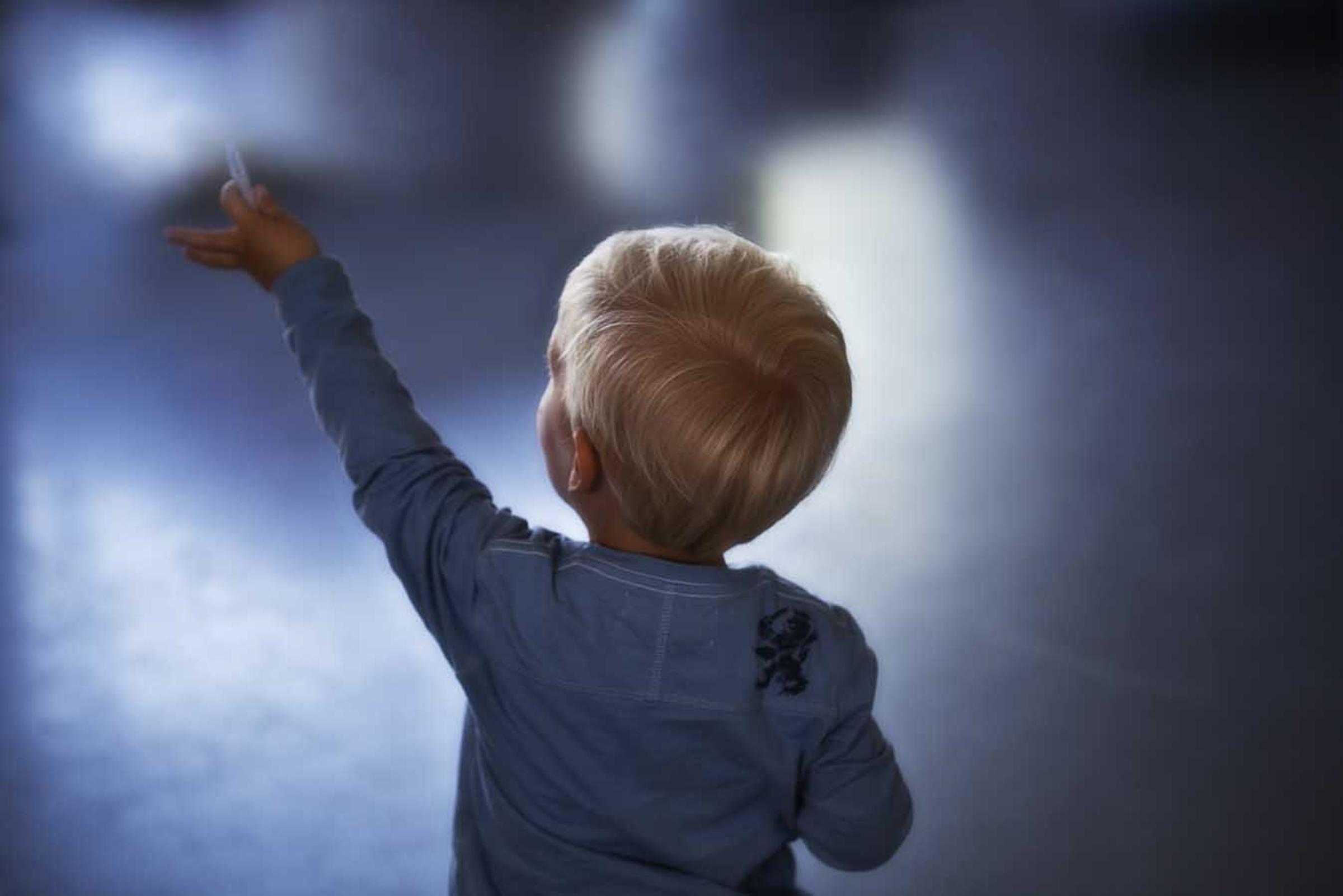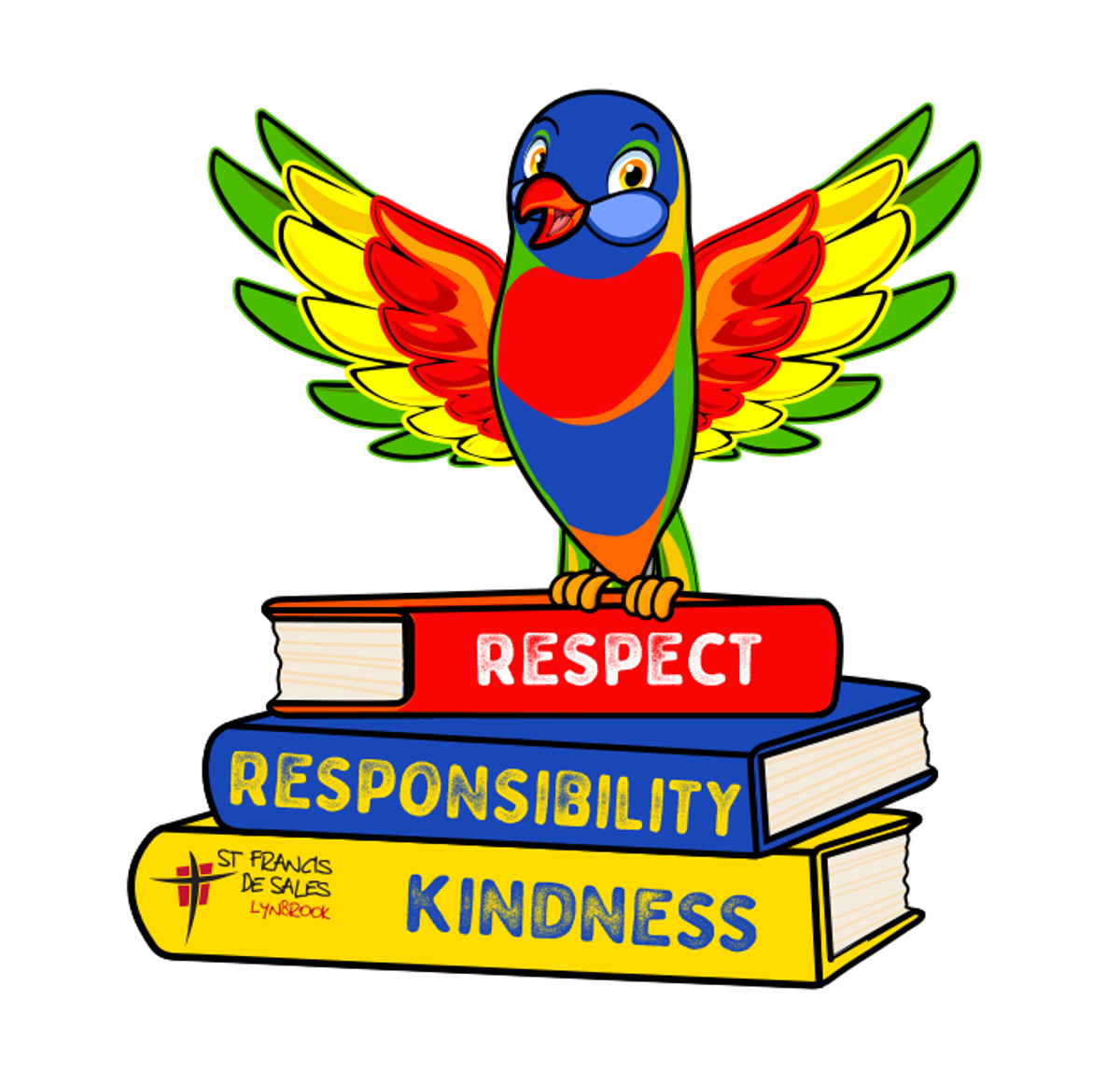Wellbeing

Positive Behaviours for Learning (PBL)
This term we are continuing to imbed Positive Behaviours for Learning (PBL) with the students and school community. PBL is a framework that we are using to teach the children about expected behaviours in different parts of the school. The children will have a weekly social skills lesson on a Monday identifying a specific social skill we would like the children to learn and practice around our school expectations of
RESPECT
RESPONSIBILITY and
KINDNESS
This week we have chosen to continue focusing on the expectation of RESPOSNIBILITY in the learning spaces and “transition quietly”, with a particular focus on transitioning to Specialists classes. The children have been making videos to show what this looks like.
FREINDSHIP
A common problem that arises in Primary school and parents often speak to me about is problems with friendships. You may find the following article helpful that is taken from the Parenting Ideas school website.
“Relatively small issues, like not being invited to a party, can arouse big, intense feelings in our kids. Because belonging is at stake, friendship challenges will always feel like a life-threatening experience – so be assured that most parents find themselves dealing with powerful tears and shattering disappointments after tricky friendship days.
It is easy for both parents and teachers to fall into the trap of trying to “dial down the drama” when our kids feel overwhelmed. However, minimising or dismissing strong feelings will only tend to ramp them up, because our tween’s brains seek to be heard and understood in the process of regulating. I’d also like to suggest that it denies our children the opportunity to master these big feelings. Our kids need to feel to practise the emotional regulation strategies they need to navigate life well.
I want to share three practical strategies that parents can do to support their tweens during these moments. Friendship challenges are an incredibly rich platform to help kids learn emotional regulation strategies, as well as social skills, and we want to capitalise on both as we coach them forward.
Strategy 1: Let’s not fight the intensity
The more I learn about emotions the more I am in awe of our body’s way of coming up with solutions to discomfort, anguish and pain we experience. It doesn’t make any sense to judge that process but rather appreciate it. That’s why we want tweens to know there are no bad or good emotions. There are only healthy emotions, and each one of them is an acceptable and necessary part of being human. Ideally, we want tweens to feel safe to feel, without shame or guilt. This means accepting emotions within our home, in the same way we accept anything else about ourselves (or our experiences) that we cannot change – our age, our height, freckles or ears.
Strategy 2: Ask questions that empower
Although it’s tempting (and much quicker) to offer children prescription answers to friendship problems, it won’t help them in the long term. The problem with childhood conflict always being followed by adult intervention, is that kids can get into the habit of projecting their wishful thinking onto someone else who they perceive as being more powerful than they are.
If our children focus their energy on recruiting support rather than problem-solving, they miss vital learning opportunities. We are best to ask questions that express a sense of curiosity and empower them to take ownership.
Strategy 3: Find a positive expression
Whereas there are times that we suppress our painful emotions for our own survival, emotions are far better off moving through our kids rather than festering inside them.
One of my dearly loved local psychotherapists wisely tells me that children who have imaginations become their own play therapists. Play is a distraction that pulls kids out of their heads and into their bodies. Any type of play including immersing themselves in craft, participating in drama, dance, or sport, or building forts, slides and adventure courses are all helpful..
In closing -
Home really is the hero in kids’ lives. It is the emotional shield from all that hurts us, bothers us, and tires us. It’s a place where love is tangible, and we are cared for in ways that make it easier for us to move back into the world with a soft heart. It’s the Utopia that we all yearn for and strive towards. When they feel disappointed, lost, afraid or disoriented it will be the predictability of home that continues to welcome them with open arms and wise words. As you implement these strategies, know you are offering your tween the home they deserve.
Rachel Lenko
Student Wellbeing Leader

